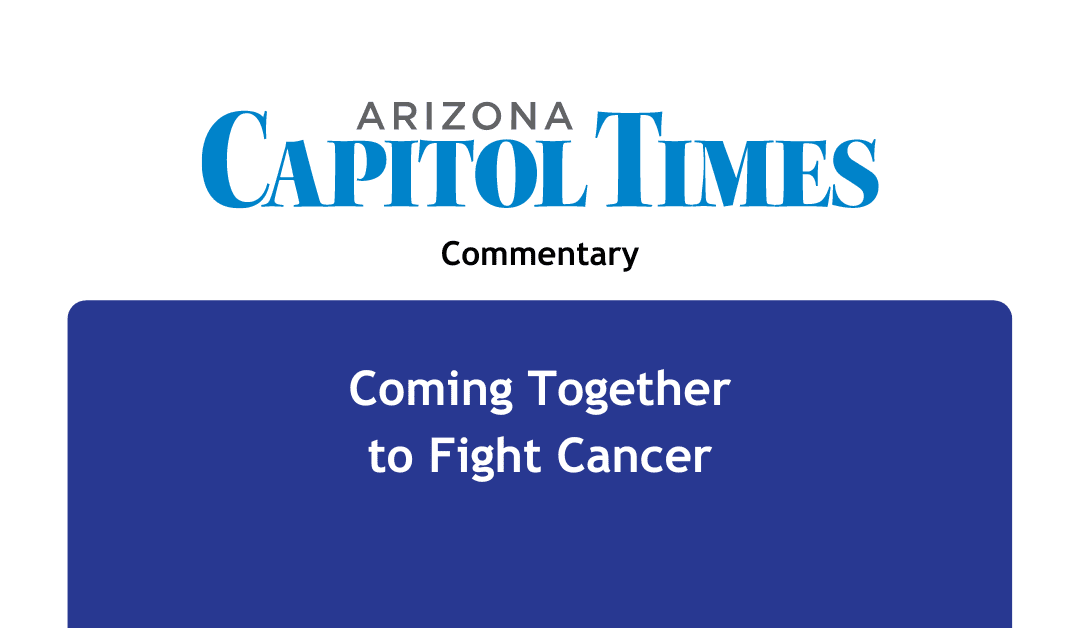
Fighting Cancer Through Screening Legislation
Amy Cojanis, Bag It Cancer Administrative Services Manager, Mo Osife, Philanthropy/Advocacy Director for Cancer Support Communities of Arizona and Will Grove, Outreach Director of the Brain Injury Alliance of Arizona contributed to a guest editorial on how we can all come together to fight cancer through legislation. We are grateful to these writers and organizations as well as to Arizona co-sponsors like @SenatorSinema @RepRaulGrijalva @RepCiscomani for working to push multi-cancer screening legislation. Read our op-ed on the issue.

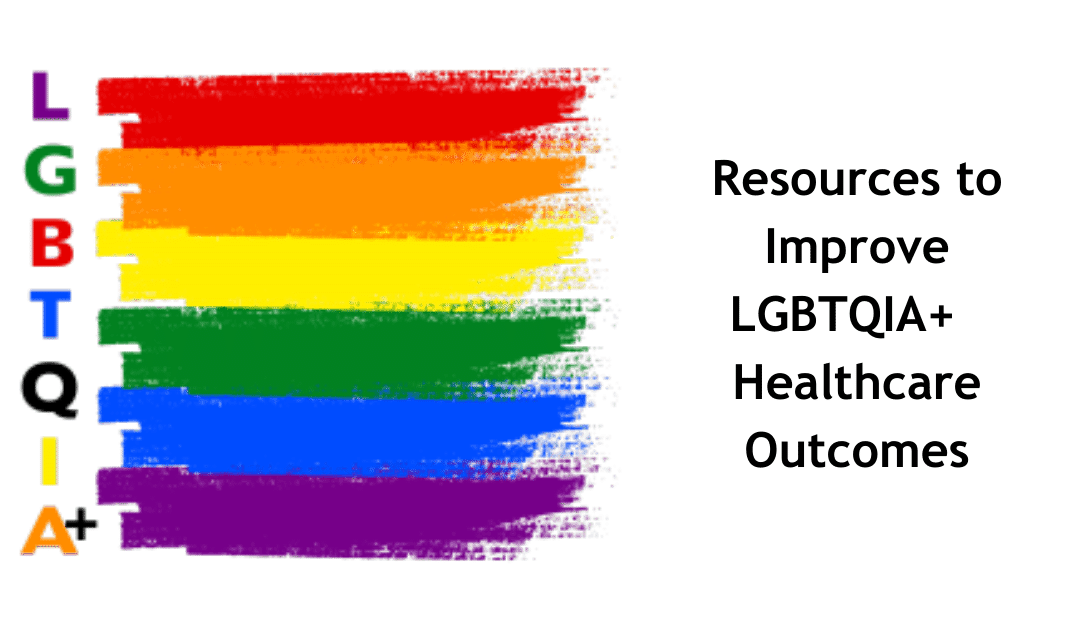
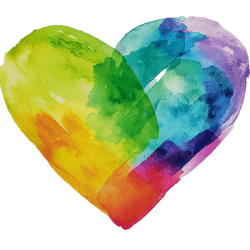
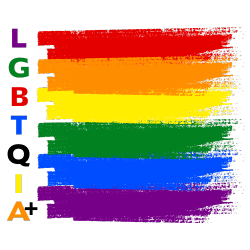
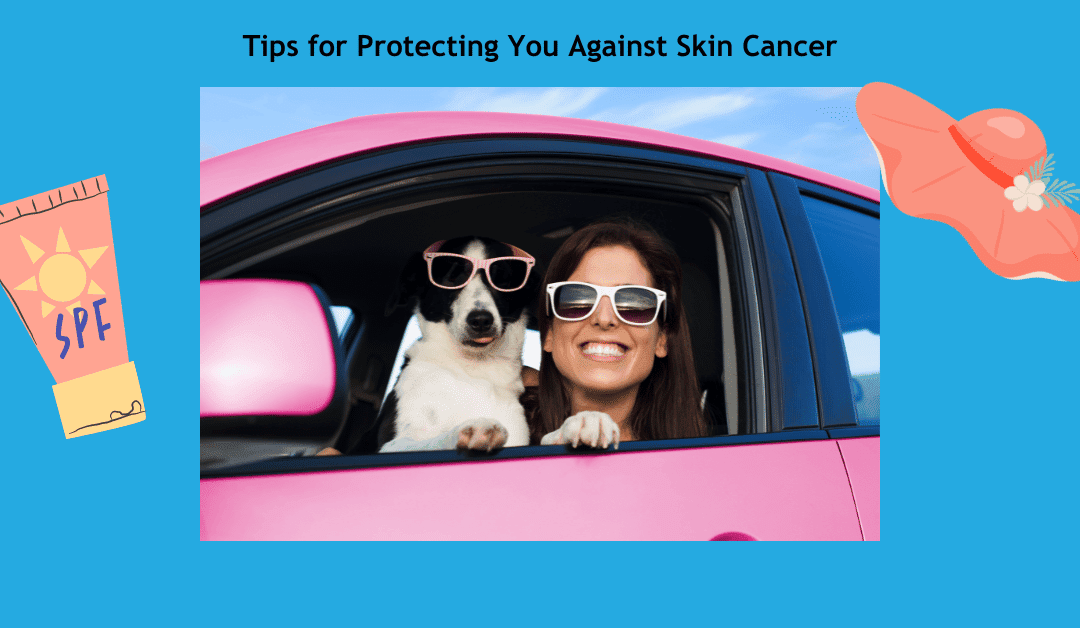

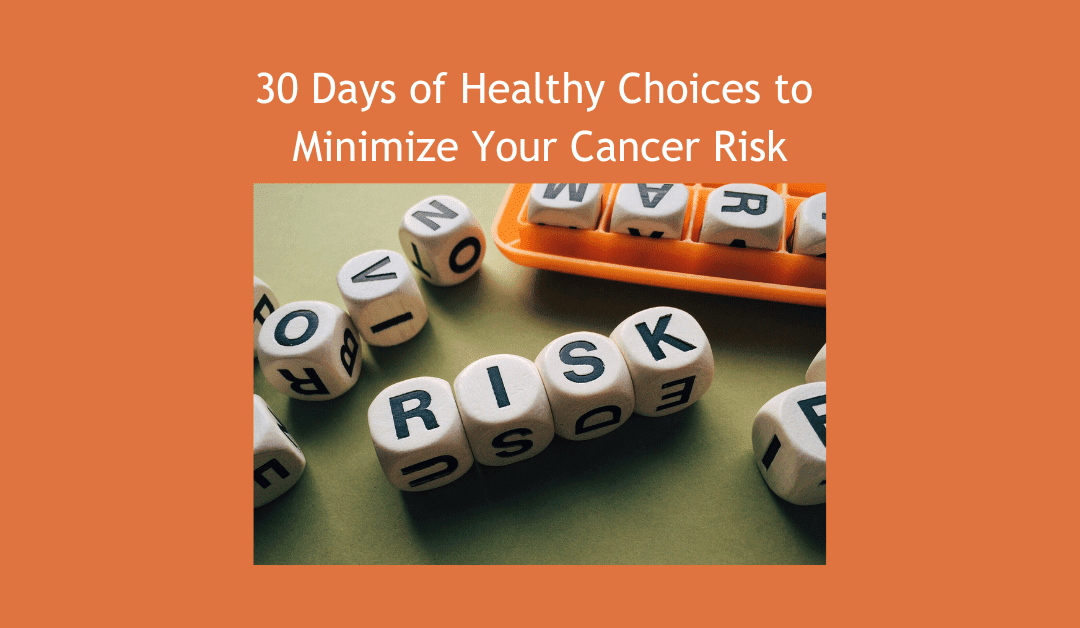
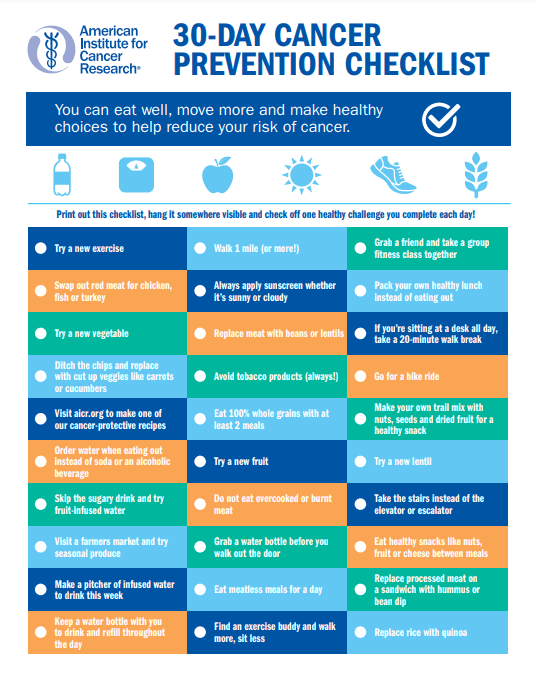
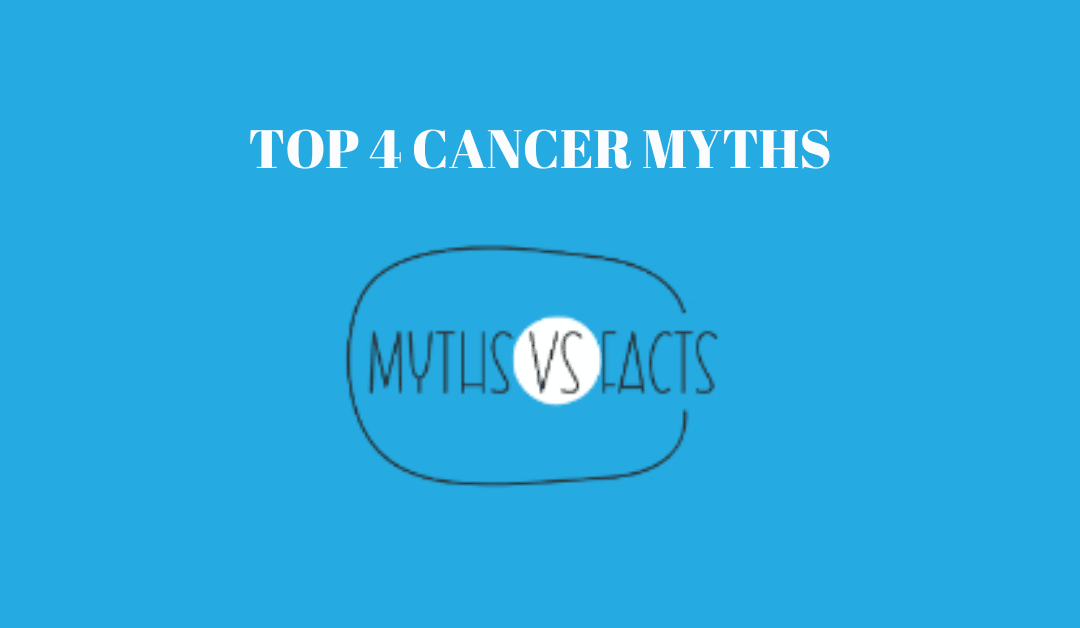
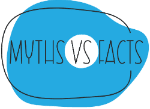




Recent Comments